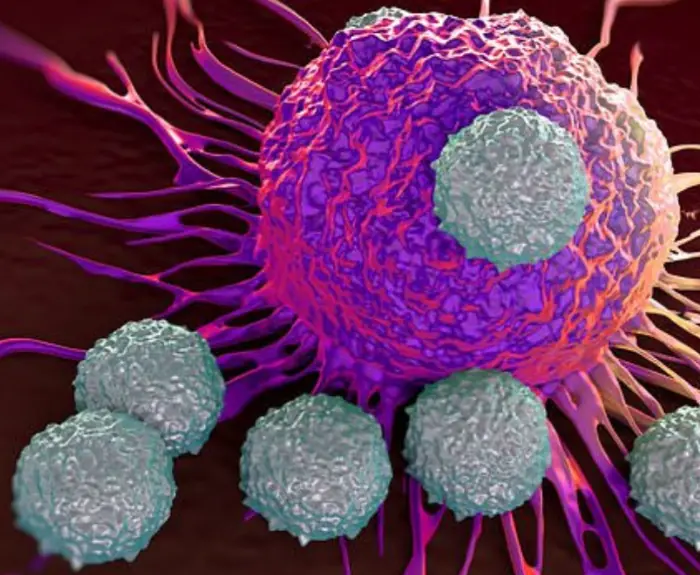
Eggplant is the king of vegetables but these 4 groups of people should absolutely avoid it
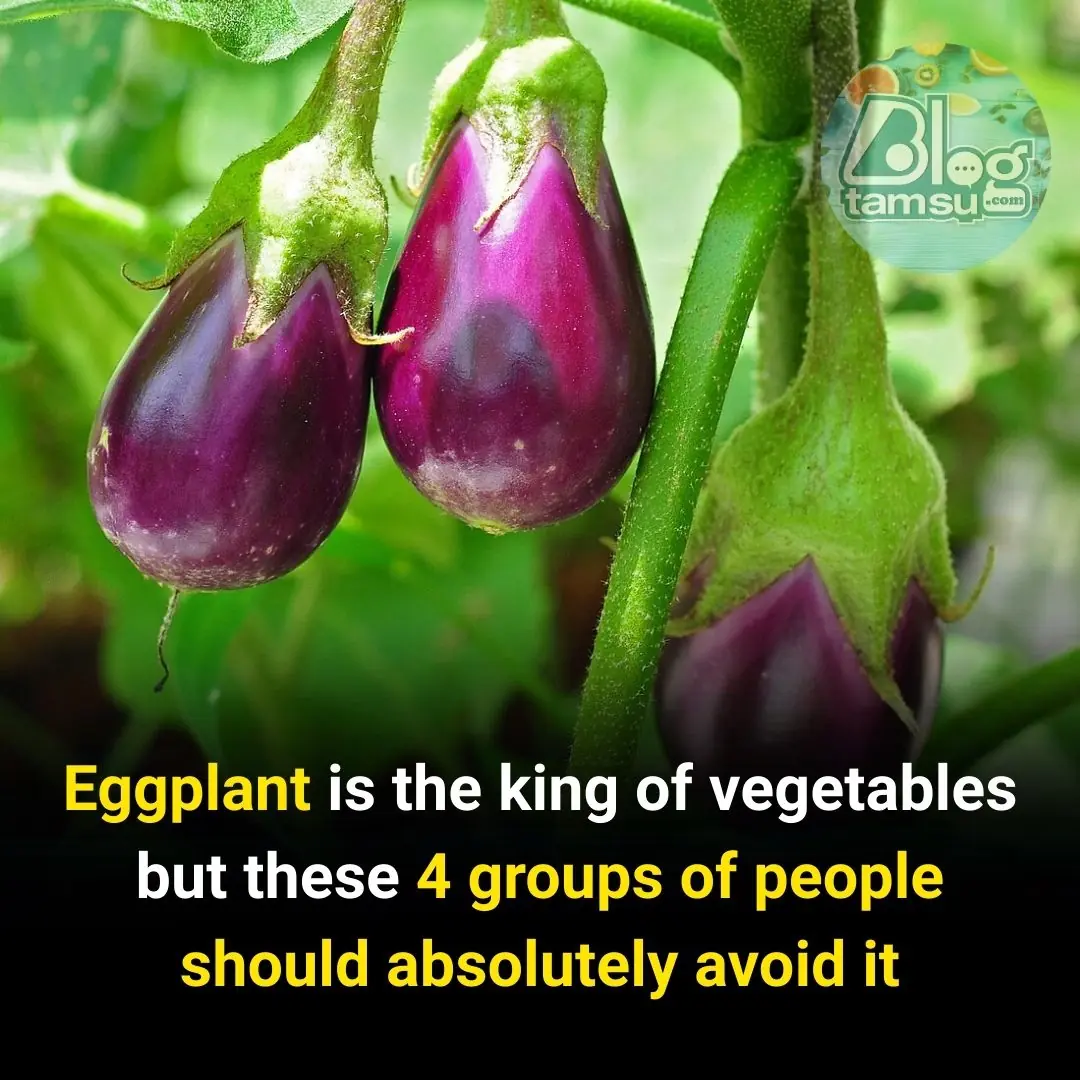
Eggplant: Nutritional Value and Health Benefits
Eggplant is a fiber-rich, nutrient-dense vegetable that is commonly included in the Mediterranean diet. A serving of eggplant provides at least 5% of the daily recommended intake of fiber, copper, manganese, vitamin B6, and thiamine. It also contains various other vitamins and minerals.
Additionally, eggplant is a great source of phenolic compounds that act as antioxidants. These molecules help eliminate free radicals, which, if accumulated in large amounts, can cause cell damage and contribute to diseases. Foods rich in antioxidants can help prevent various health conditions.
Among the antioxidants in eggplant are anthocyanins, including nasunin, lutein, and zeaxanthin.
According to the National Institute of Nutrition (Ministry of Health), eggplant is a nutrient powerhouse that promotes good health. It is rich in antioxidants, phytochemicals, phenolic compounds, and flavonoids while being low in calories and high in fiber and water content.
The deep purple color of eggplant indicates the presence of anthocyanins, especially nasunin, a rare and highly beneficial compound. Nasunin helps combat free radicals, which contribute to disease development and aging. It also plays a role in protecting DNA and cell membranes from oxidative stress.
Eggplant is also worth consuming due to its 13 types of phenolic acids that provide anti-cancer properties. Chlorogenic acid, in particular, helps fight tumor growth and has antiviral and antibacterial properties. Studies suggest that eggplant contains strong cardiovascular-protective compounds and supports digestive health due to its high water and fiber content.
Health Benefits of Eggplant
1. Heart Health
Eggplant contains fiber, potassium, vitamin C, vitamin B6, and antioxidants, all of which support cardiovascular health.
A 2019 review found that consuming flavonoid-rich foods, including anthocyanins, reduces inflammation markers associated with heart disease.
A 2013 study showed that middle-aged women who consumed more than three servings of blueberries and strawberries per week - both rich in anthocyanins - had a 32% lower risk of heart disease than those who consumed fewer berries.
Another survey revealed that women with higher anthocyanin intake had significantly lower blo.od pressure and were less likely to develop arterial stiffness.
2. Cholesterol Regulation

Eggplant’s fiber content may help regulate cholesterol levels. A 96g serving of cooked eggplant contains about 2.4g of fiber.
A 2014 study on rodents found that chlorogenic acid, the primary antioxidant in eggplant, helped reduce “bad” cholesterol (LDL) and decreased the risk of non-alcoholic fatty liver disease (NAFLD).
3. Can.cer Prevention
Eggplant contains polyphenols, anthocyanins, and chlorogenic acid, which may protect against cancer by preventing cell damage caused by free radicals.
Anthocyanins help prevent tumor growth by:
- Inhibiting new blood vessel formation in tumors
- Reducing inflammation
- Blocking enzymes that promote can.cer cell spread
4. Cognitive Function
Animal studies suggest that nasunin, an anthocyanin found in eggplant skin, may protect brain cell membranes from free radical da.mage.
Nasunin also aids in nutrient transport into cells and waste removal.
Additionally, anthocyanins help:
- Reduce neuroinflammation
- Improve blood flow to the brain
- Prevent memory loss and age-related cognitive decline
Lab tests indicate that nasunin can slow lipid peroxidation in the brain, a process that da.mages cells.
5. Weight Management
Eggplant’s high fiber and low-calorie content makes it beneficial for weight control. Fiber helps people feel fuller for longer, reducing overeating.
However, eggplant absorbs a lot of oil when fried, so those trying to lose weight should opt for grilling, roasting, or air frying instead.
6. Eye Health
Eggplant contains lutein and zeaxanthin, antioxidants that support vision. Lutein may help prevent age-related macular degeneration (AMD), a condition that can cause vision loss in older adults.
Eggplant is delicious, but not everyone should eat it. Here are the people who should absolutely avoid this vegetable:
1. People with Anemia or Iron Deficiency
Eggplant skin contains anthocyanin. This substance "captures" iron ions present in other foods and in the body, hindering the body's absorption of iron. Additionally, it also affects the absorption of zinc and copper ions. Therefore, people with anemia or iron deficiency should avoid eating eggplant and instead, consume iron-rich foods like red meat and animal liver.
2. People with Stomach Issues
As a food with a cooling nature, eating too much eggplant can cause stomach discomfort and lead to diarrhea. Therefore, individuals with stomach problems should limit their intake of this vegetable.
3. People with Poor Digestive Function
Even though they might not experience stomach aches or indigestion like children, individuals with poor digestive function can still feel discomfort when eating eggplant due to its tough and hard skin. If they want to eat eggplant, this group should peel the skin to reduce the burden on their stomach.
4. People with Kidney Disease
Eggplant contains a large amount of oxalate – a type of acid found in plants. Consuming too much can lead to kidney stones. Hence, people with kidney disease should avoid eating eggplant.
News in the same category

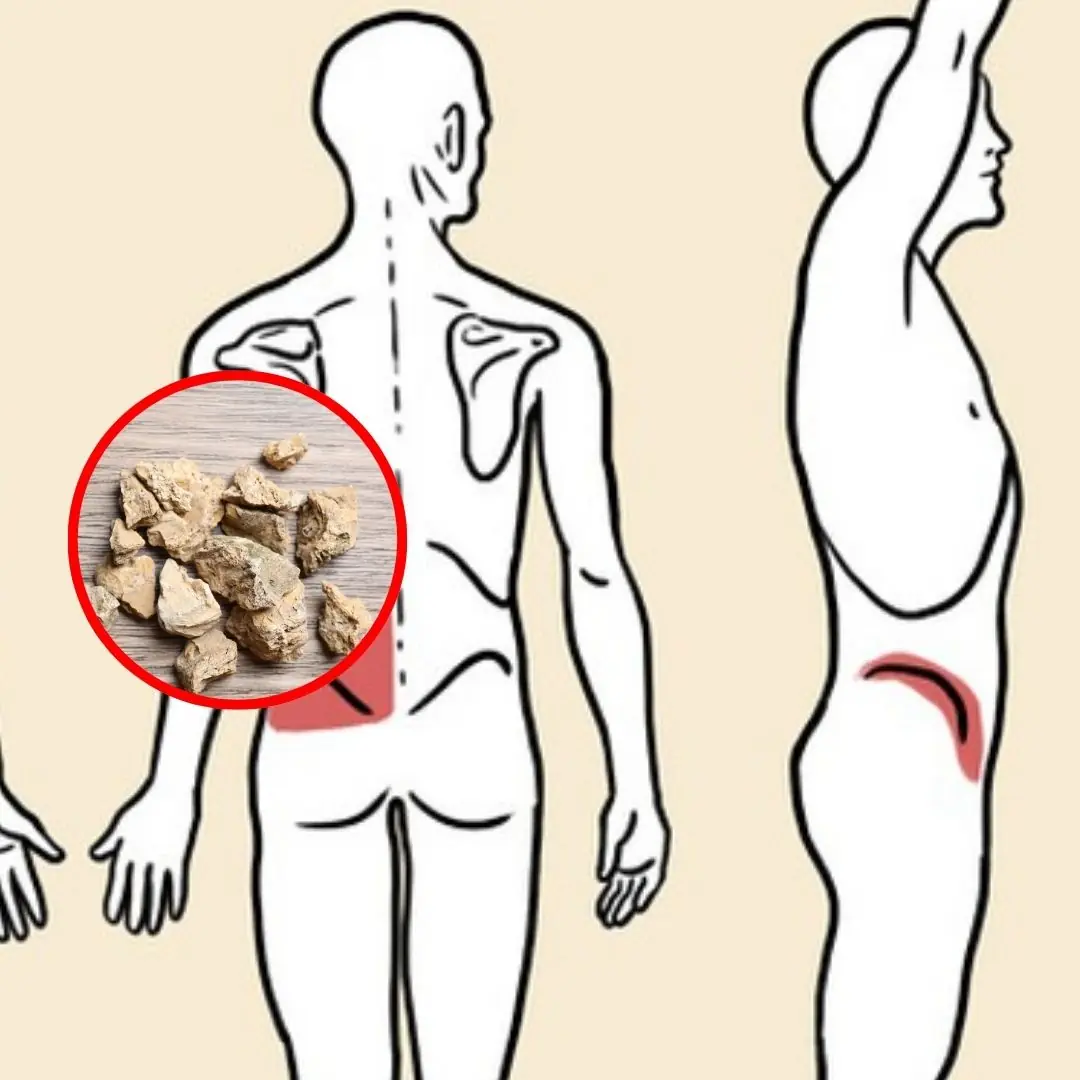
Kidney Stones: 5 Red Flags Everyone Must Know

Heel Pain Demystified: Causes, Symptoms, and Solutions

Your AC habits might be soaring your bl00d sugar!
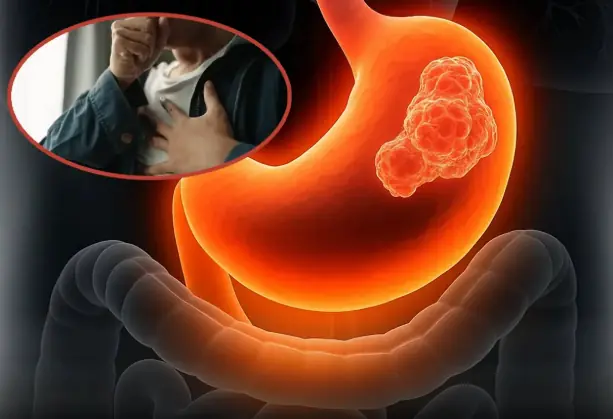
Hidden St0mach Canc3r Risk

Understanding Womb C@ncer: Symptoms, Survival Rates, and Importance of Early Detection

Top 3 Seeds and 3 Drinks to Reduce Bloating, According to a Renowned Gastroenterologist

Secret tip: How to clean glossy tiles at home without spending a penny

Over 200 People Are Killed By The “World’s Deadliest Food” Every Year, But Almost 500 Million People Still Eat It

Nighttime Leg Cramps: When to Worry and Seek Medical Help
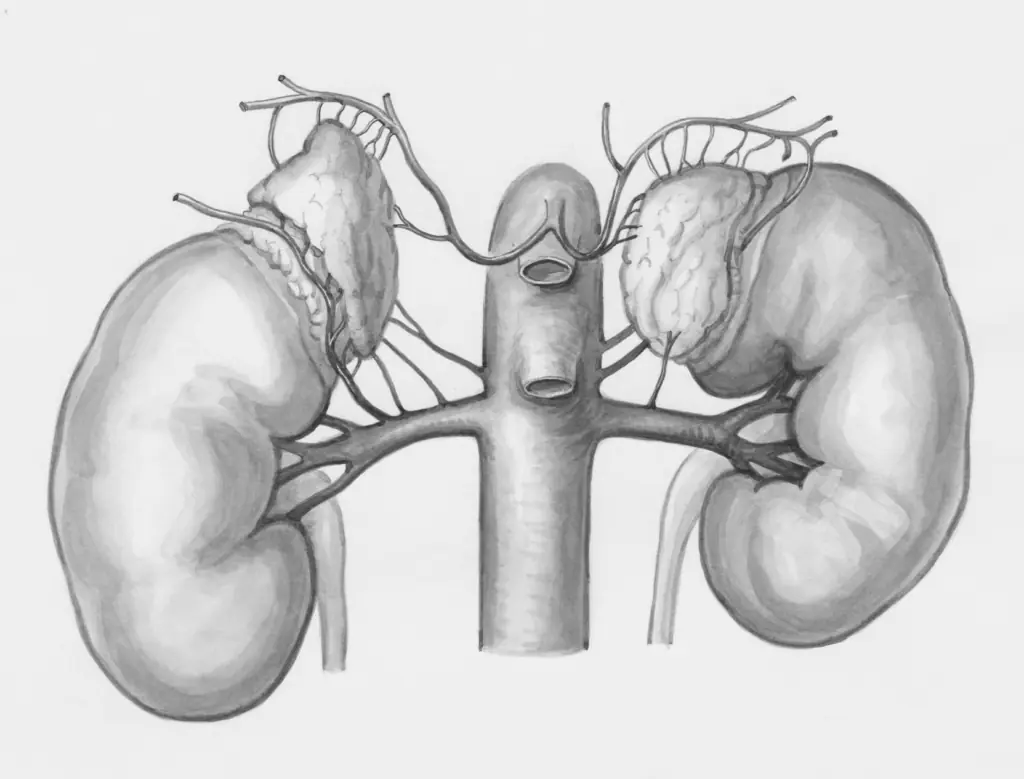
Why Kidney Failure Is Striking The Young—And How To Stop It

Only the “Unwise” Combine These 5 Foods with Pork
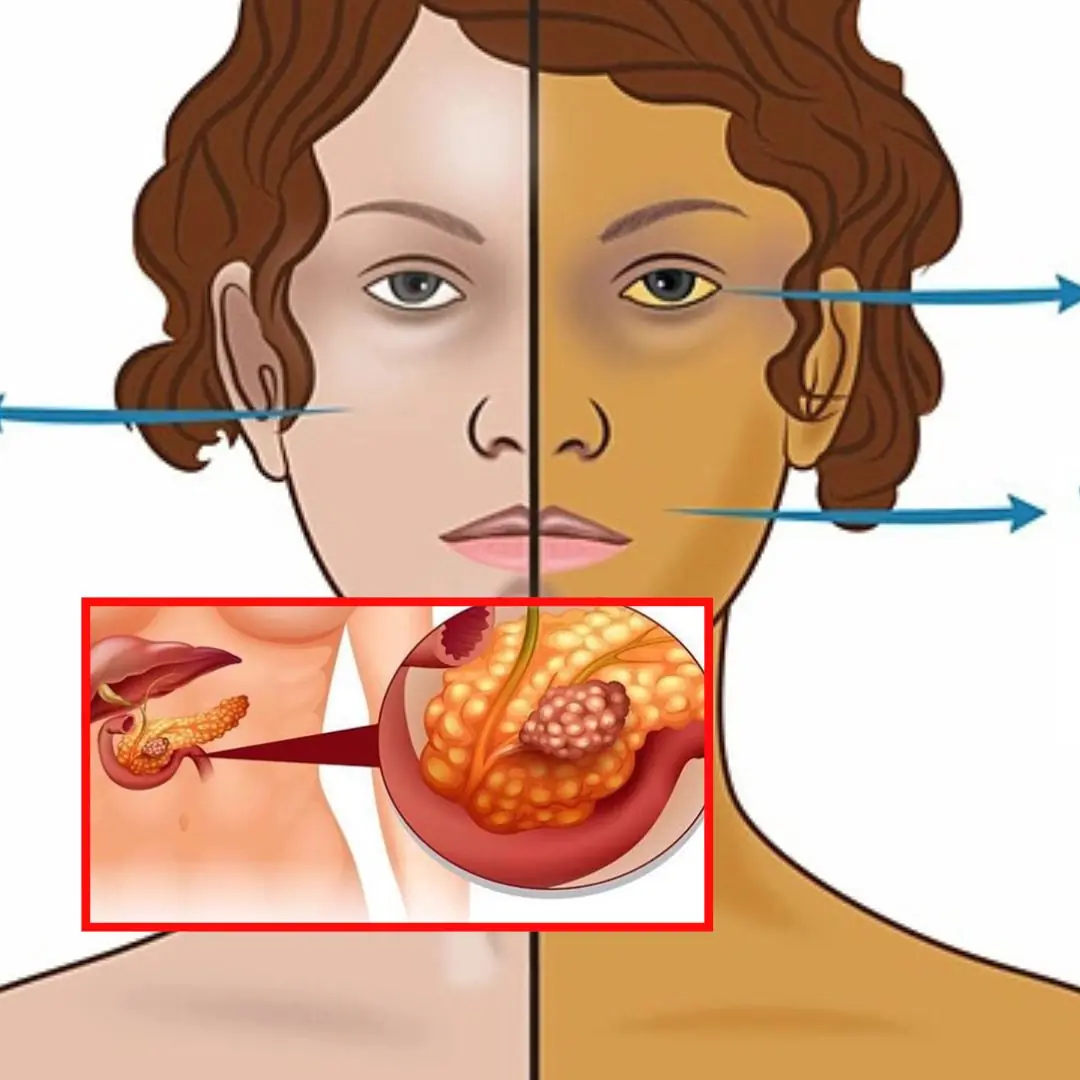
Spot Pancreatic Cancer Early – 11 Warning Signs You Shouldn’t Ignore

Postmenopausal Women Can Hardly Avoid Osteoporosis

A man with blo.od fat levels 80 times higher than normal

13 powerful reasons your whole family should drink okra water every day

Three warning signs in the neck that could signal early can.cer

If the following 5 signs appear, you may have liver flukes
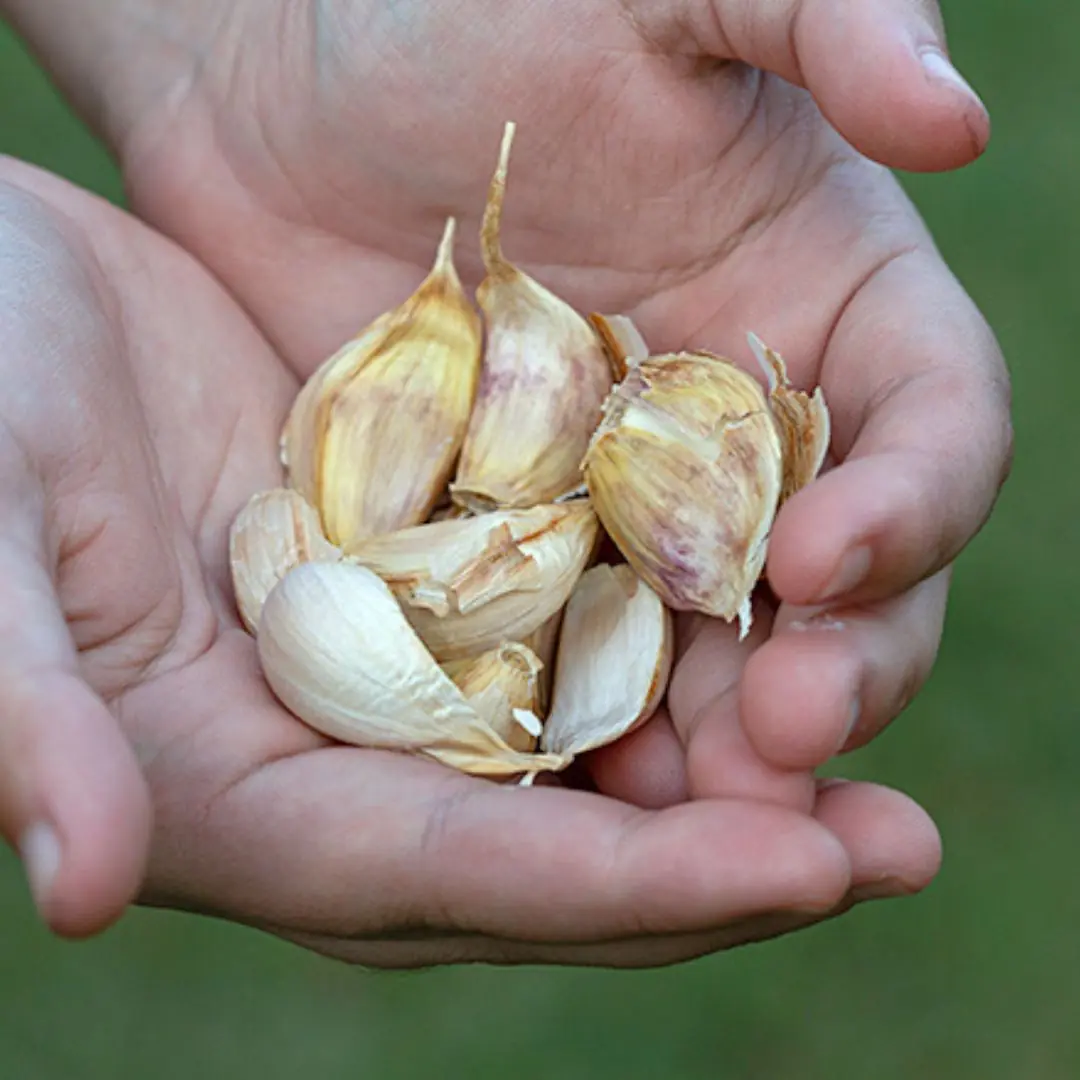
58 year old man eats 1 clove of garlic every morning, 6 months later went to the doctor, received surprising results
News Post

Why do foreigners rarely use electric kettles even though they are very convenient?

7 foods that support your body in fighting can.cer

Kidney Stones: 5 Red Flags Everyone Must Know

Heel Pain Demystified: Causes, Symptoms, and Solutions

Your AC habits might be soaring your bl00d sugar!

Hidden St0mach Canc3r Risk

Understanding Womb C@ncer: Symptoms, Survival Rates, and Importance of Early Detection

Top 3 Seeds and 3 Drinks to Reduce Bloating, According to a Renowned Gastroenterologist

This One Superfood Could Tackle Major Health Issues—Here’s What You Need To Know

Male contraceptive pill appears to be safe without side effects in early trials

The Volume Buttons on Your iPhone Have Countless Hidden Features

4 Things You Should Never Say At A Funeral — No Matter What

Mass Panic as ‘New Baba Vanga’ Predicts Majo Disasters Striking in Just One Month
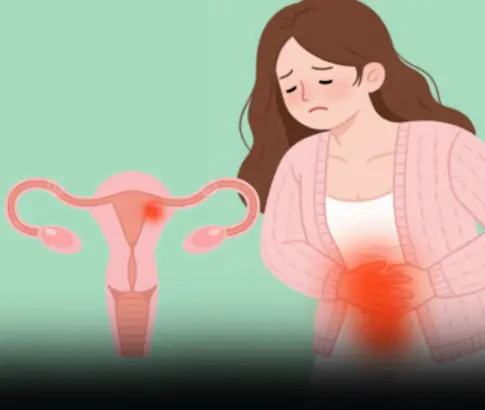
8 Early Warning Signs Of Ovarian Cancer You Shouldn’t Ignore

5 foods you should never keep overnight

Pain ON The Left Side Of The Body: What it could mean?

3 Ways to Prevent Snakes from Entering Your House: Protect Your Family

When a Washing Machine Shows 7kg, 8kg, or 10kg, Is That the Weight of Dry or Wet Clothes?
